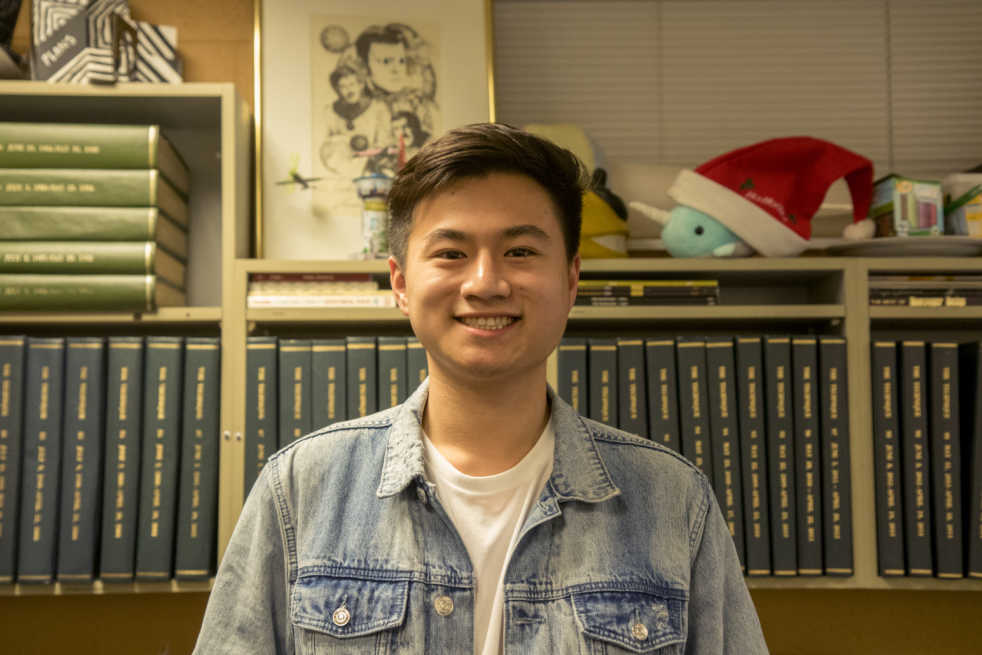This past weekend, three of my friends and I took a road trip to Tallahassee, Florida to participate in our first hackathon ever. It was not what I had expected at all, but only in the best ways possible.
For those who are unfamiliar with the concept, a hackathon (a play on the words hack and marathon) is an event in which you and a team spend somewhere between 12 to 36 hours on building something together using software or hardware.
I am a third year computational media student, and have waited until now to participate in my first hackathon. This may sound odd to some, but ever since my first year here, I have been intimidated by the idea behind the event. The image of masses of programmers trying to create a solution to a problem, whether it be a small or big one, within a short period of time is something that has given me anxiety about attending a hackathon, especially as a beginner. My initial perception of what it must have felt like to experience one was that it would be as if I were to start a project for a CS class the night it was due, except in a competition with other people for the best grade.
However, it was only a few weeks ago when one of my friends asked me if I would go to HackFSU with her and her friend. I instinctively said no, but she was able to persuade me to apply to the hackathon by mentioning that it was also her and her friend’s first time doing a hackathon and that there would probably less people from Georgia Tech there. So if we failed, we’d fail together and with not as many people to witness it. Convinced, I decided to apply, got another friend to apply, and had a team of three computational media majors and one computer science major ready to go to Florida State University.
The Friday of the hackathon weekend had come, and the four of us road-tripped down to FSU. The hackathon officially began at 9 PM, and we had 36 hours to create anything. We hadn’t set up any code or prepared any ideas on what we’d want to make; we went into this with the mindset that we would either have a decent time and not go to another one, or have some kind of revelation that would inspire us to go to more of these. The 36 hours passed, we submitted our project, and we all had an aha moment where we all had the same thought: “Hey, that wasn’t that bad, and I actually had fun!”
The anxiety I previously had about coding for a whole weekend in a competitive setting had gone away thanks to the surprisingly supportive environment of the hackathon itself. Everyone generally wanted everyone else to succeed with their projects, and anytime I would feel stressed while working, I was reminded that unlike a project for a CS class, there’s no penalty for not finishing the project other than not having a chance to win a prize.
There are mentors who are there to help you understand concepts you might not comprehend whether or not you’re an experienced programmer, there are workshops for you to learn about technologies you could use for the hackathon or any future projects and there is a ridiculous amount of food, shirts and stickers.
So, if you’re a beginner programmer or even a completely different major from computer science, you should consider going to a hackathon — someone on the team who placed first at HackFSU was actually a wildlife ecology and conservation major.
First of all, the entire event is free. Second of all, not only are there prizes for newcomers, but there are also the aforementioned resources at the hackathon itself. Lastly, the people who organized the event and the people who hack alongside you all want you to succeed with your project and have fun while doing so! Who knows, maybe you’ll be inspired to keep learning how to code after your first hackathon, too.
